How to Get Restaurant Funding: Complete Guide for 2025
All successful startup experience begins with an idea, however, funding is the gas that takes it to the next level. Startup money can assist in the launching of a technology platform, direct-to-consumer (D2C) skincare range or small food restaurant start-up to construct, staff, promote, and expand.
By 2025 the funding environment is stronger than ever before. Government effort, private equity, angel networks and crowdfunding websites have opened the floodgates further. There is a competition though with opportunity. More so when dealing with specialist niches, such as restaurant funding, when so many entrepreneurs are now chasing funds to get cloud kitchen, food truck or dine-in extensions up and running.
Here in this guide ,we guidelines the kind of money that startups actually require, the kind of startups and the amount of capital they require and four genius funding options with a twist of the Indian startup ecosystem alongside international possibilities. Let’s begin.
How Much Capital Do Startups Really Need?
You need to define what would be an adequate amount before you bring capital on board. Start up capital depends on the industry, stage and ambition. So here are the stages:
- Idea Stage ( 0 to 10 Lakhs)
Applications: product validation; prototyping; market research. Commonly are self- induced or friend/family financed.
- Pre-Seed/Seed (Im in Lakhs- Im out 2 Crores)
What is required in MVP development, the recruitment of a small team, early marketing. Most essential to food establishments and restaurants that attempt to justify their menu and delivery procedure.
- Growth Stage ( 2 to 20 Crores )
Scale, marketing blitz, fresh cities, are used. There are common capitalisation situations of such D2C brands, technological platforms, and cloud-based kitchens.
Tip: Use tools like FundTQ’s business valuation calculator to assess your funding requirement based on realistic projections.
Types of Startups and Their Funding Needs:
There is no “one size fits all” approach to funding. Various startup types require distinct capital models.
1. High Funding Need for Tech Startups
- Use cases: It includes user acquisition, cloud infrastructure, hiring developers, and product development.
- Preferred Paths: Government tech grants, VCs, and angel investors.
2. Direct-to-Consumer, or D2C Funding Need for Brands: Moderate to High
- Use cases: It include inventory acquisition, branding, eCommerce operations, and influencer marketing.
- Preferred Routes: Angel rounds, crowdfunding, and seed investors.
3. Platforms for freelancers and service startups
- Need for Funding: Minimal to Moderate
- Use cases: Include platform upkeep, digital marketing, and website/app development.
- Preferred Paths: Early-stage accelerators and bootstrapping.
4. Social Impact Startup
Having a problem is like having a goal in life.
- Amount of Funds Required: It is dependent on size
- Use Cases Community, On ground, Partnership development.
- Favored Roads: grants, corporate social responsibility funding and impact investors.
5. The Niche (Restaurant Funding) Restaurant Startups
- Grant Requirement: Medium
- Use Cases: Kitchen Set up, kitchen equipment, licenses, employee payroll, food stocks.
- Favorite Paths: Bank Loans, government programs such as the PMEGP, Angel investors who are interested in F&B etc.
To sail into the ecosystem further, see our blog on Startup Fundraising in India.
4 Smart Ways to Get Funding for Your Startup:
So, in 2025, the process of getting funding requires more people than ever. This is being done by founders on unlocking capital:
1. List down Government Start-up Schemes and make applications.
The startup enabling policies of India such as Startup India Seed Fund Scheme, PMEGP and MUDRA loans provides funding without equity dilution.
- Ideal in: First time in entrepreneurship, funding of restaurants, early innovations.
- Application Method: by using government portals or Startup India-approved incubators.
- Bonus Tip: Leverage investment banking services for documentation and financial modeling support.
2. Pitch in Angel investors or VCs
Investors are ever ready to take the next daring thought.
- Angel Investors: These are entrepreneurs with capital of between 10 and 50 Lakhs at the seed stage.
- Venture Capitalists: Suitable Series A and above.
- Pitch essentials include a useful pitch deck, traction measurement, market size, and a clear business model.
Steer clear of typical pitch deck errors like imprecise problem statements, irrational estimates, or a deficiency in market research.
3. Bootstrap or Startup first Then Raise
Bootstrapping is an underestimated way. Most of the successful funders started by investing their savings or starting small with little or no resources.
- Why This Works: Investors are fanatical about being thrifty and demonstration of progress.
- Real Life: Most of the restaurant brands that you know of have started with just one delivery kitchen or food cart.
Once you gain traction, you can raise with better valuation and leverage business valuation software like FundTQ to justify your ask.
4. Crowdfunding or Community-based Support
Usual platforms such as Ketto, Wishberry, or FuelADream will enable you to collect tiny sums of money from a big number of patrons.
- Examples: Ideal For: D2C brands, social startups and F&B concepts (vegan or sustainable particularly).
- Plan: Provide good incentives, be transparent and promote your campaign via social media.
It is not only about the money, this is the way to create a loyal community around the brand.
Where to Look for Foreign or Indian Startup Investors?
The investors might actually comprise the first part of the fight to be won. This is how to get going:
- Angel Networks: Indian Angel Network, LetsVenture, Mumbai Angels
- Venture Capitalists: Blume Ventures, Accel, Elevation Capital
- Accelerators: 100X.VC, GSF Accelerator, and Y Combinator India
- Government Incubators: Atal Incubation Centres, NASSCOM 10,000 Startups
- Foreign Angel Forums: SeedInvest, AngelList
- Accelerators: Antler Global, Plug and Play, Techstars
- Fellowship and Grant: Bill & Melinda Gates Foundation for Social Impact, Echoing Green and GSMA Innovation Fund
Then International F&B Investors for restaurant funding should either approach special food-specific investment companies or make a pitch at international startup expositions in the US, Singapore, or United Arab Emirates, depending on restaurant funding.
Key Takeaways:
- The concept of business transformation into a sustainable model needs startup finance, particularly seeding opportunities in the food, tech, and D2C industries.
- Depending on the stage, the capital needed also differs with the idea stage requiring less than 10 lakhs, and the growth stage requiring 2-20 crores and maybe more.
- The emerging trends of cloud kitchens, delivery-first and small-format outlets give restaurant funding an upward trend as well.
- Choose the funding strategy depending on the nature of your startup- Tech founders might want to reach out to VCs; D2C brands can use crowdfunding; restaurants might want to do bootstrapping + govt schemes.
- Use tools like FundTQ for business valuation, pitch deck creation, and financial modeling.
- Apply through Startup India projects, come into the sight of angel investors, try to get the funding in the crowdfunding sites, and attend the startup events to get in touch with real investors.
- Avoid pitch deck mistakes—focus on clarity, realistic projections, and problem-solution fit
- Remember that at a certain point, any startup must begin.
FAQs:
1. Which is the most suitable source of finance to use in starting up a restaurant in India?
Depending on the quality of your idea and plan, the options of government schemes such as PMEGP or MUDRA loans, bootstrapping through a small outlet or cloud kitchen, or angel investment are the best.
2. What is the amount of money that a startup requires initially?
Most other startups have to access 5-25 lakhs at the idea or pre-seed stage to create a prototype, promote and start building a team. D2C or Tech start ups might require more based on scale.
3. Is there such a thing like no equity start up funding?
Yes. You may venture into government grants, start-up contests, CSR funds, or revenue based funding models which do not equate to dilution of equity.
4. Is crowdfunding a good choice in food businesses?
Absolutely. In case you have an idea of interest in the community (such as organic, vegan, regional cuisine), such websites as Ketto or FuelADream are good. It can also provide the reward or early access to the contributors.
5. How will I determine the value of my startup?
Use business valuation software like FundTQ’s Valuation Calculator to calculate your worth based on revenue, market, and projections. This assists in supporting your fund request.
Conclusion:
Either you want 10 lakhs or 2 million, funding of the startups is available, you just need the right plan, and consistency. Be not depressed at rejections. Each pitch will only make you better and each no will bring you closer to the yes that will change everything. First, ensure you know how much capital you want, pick the route of funding that best serves your type of startup, specifically, in a case where you might be considering funding options that are more niche like restaurant funding, and finally, support your request with facts, clarity, and objective.
Use smart tools like FundTQ’s Business Valuation software to determine your startup’s worth, create your pitch deck, and build your financial model then go out and get the funding you deserve.




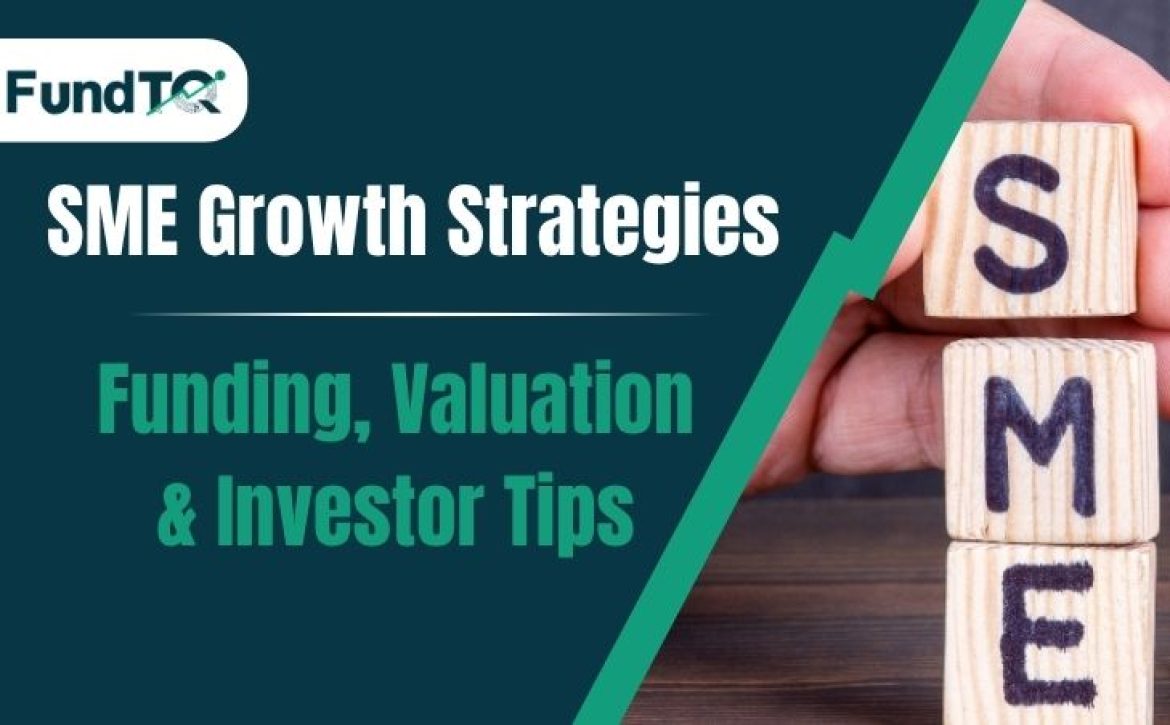


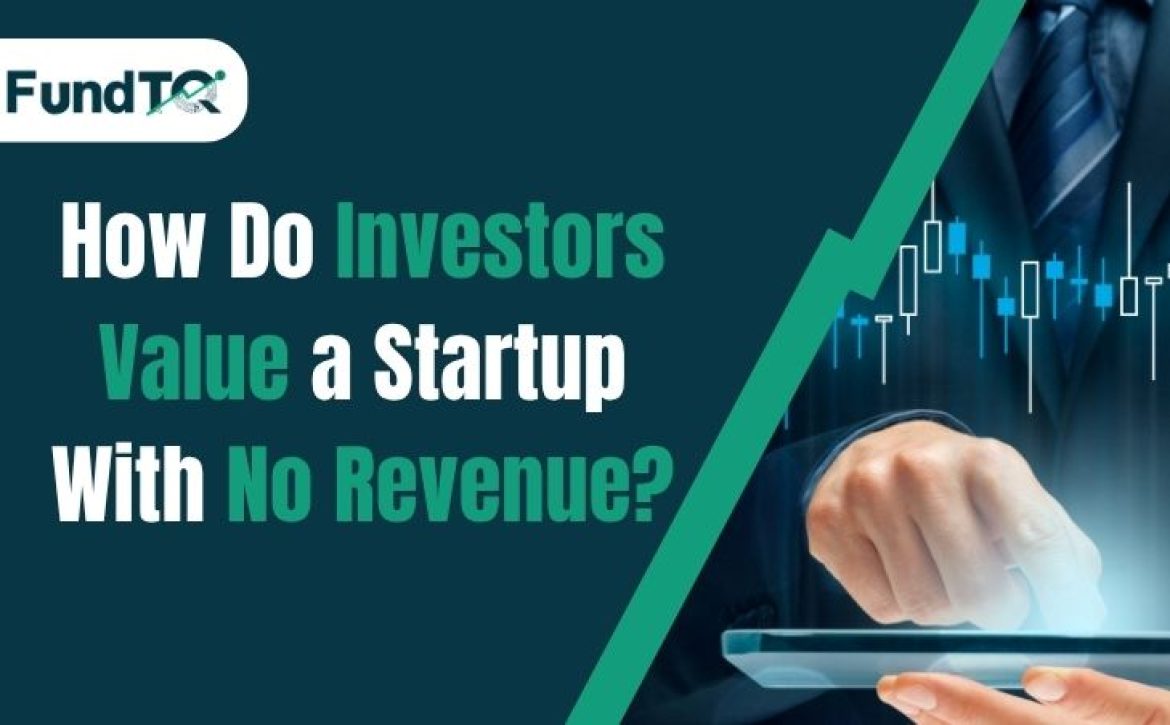
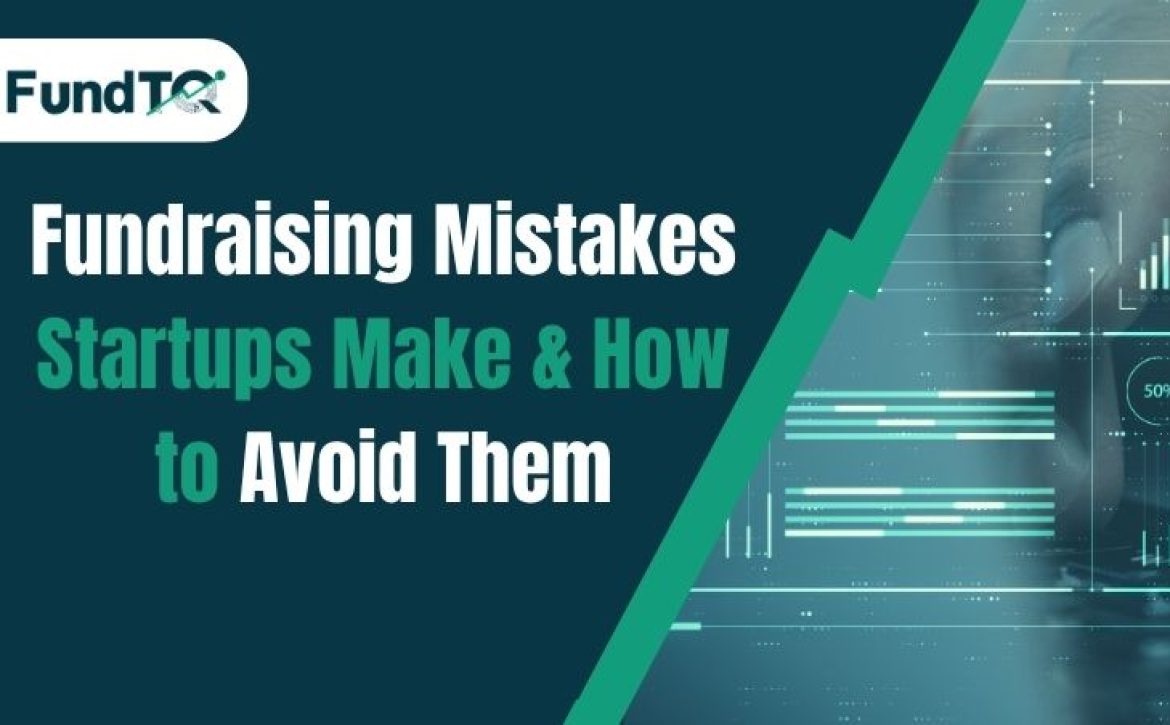







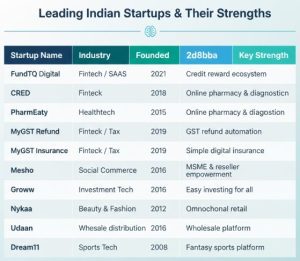

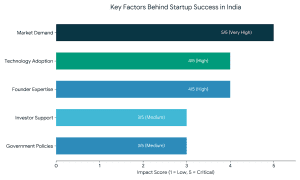 Summary
Summary